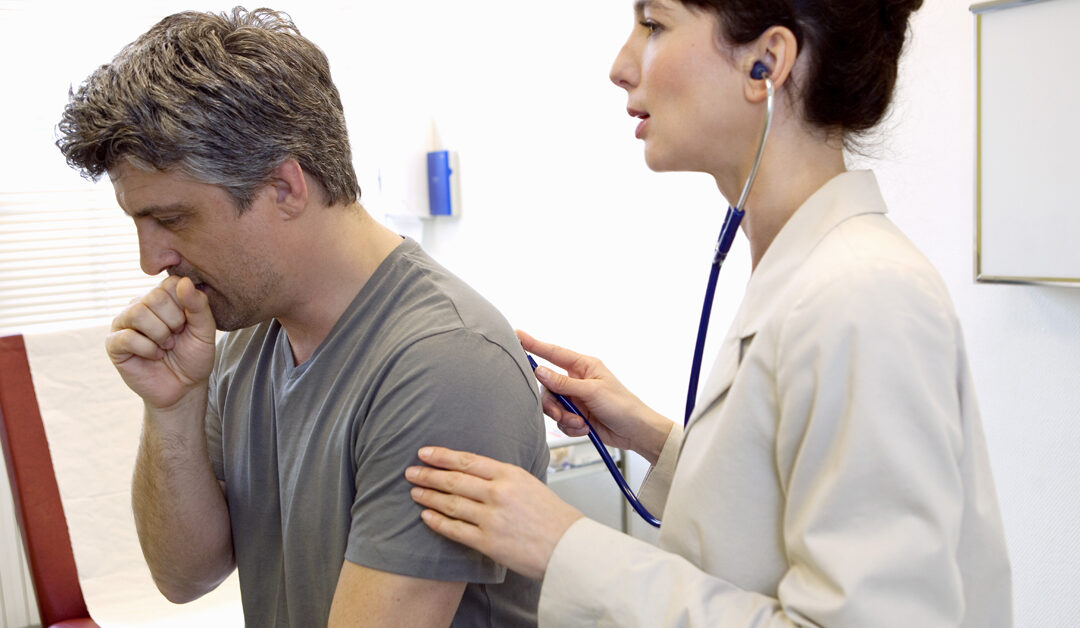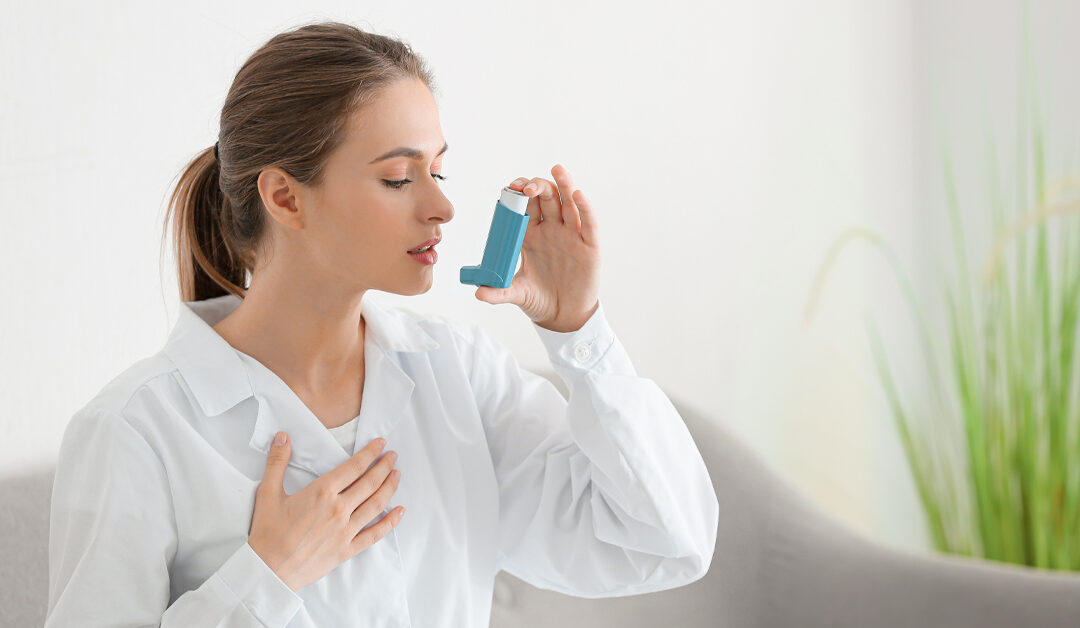
Jul 14, 2025 | ER
Chronic Obstructive Pulmonary Disease (COPD) Chronic obstructive pulmonary disease (COPD) is a long-term lung condition that makes it harder to breathe in and out. COPD can worsen over time, but there are steps you can take to maintain your health as much as possible....

Feb 21, 2025 | ER
Abdominal Pain in Adults When to Monitor at Home—and When to Seek Medical Help Abdominal (belly) pain is common and can have many causes. In most cases, it’s not serious and can be treated at home. However, some types of belly pain can be a sign of a more serious...

Jul 14, 2025 | ER
Asthma: Know the Signs, Manage the Triggers, Get Help Fast Asthma is a chronic condition that causes swelling and narrowing of the airways in the lungs. When asthma symptoms worsen, it’s called an asthma attack, which can be life-threatening if not treated quickly....

Jul 14, 2025 | ER
Chest Pain: When to Seek Emergency Care Chest pain can have many causes. Some are life-threatening and need urgent treatment. Serious causes of chest pain include: Heart attack A tear in your body’s main blood vessel (aortic dissection) Inflammation or infection...

Jul 14, 2025 | ER
Fever-Adult A fever is a body temperature of 100.4°F or higher. Mild or short-term fevers typically don’t need treatment and often go away on their own. However, high or prolonged fevers can lead to dehydration and may be a sign of a more serious condition. How to...

Jul 14, 2025 | ER
Fever-Pediatric A fever in children is a temperature of 100.4°F or higher. In children older than 3 months, a mild fever is usually not severe. But in infants younger than 3 months, a fever may signal a serious illness. In some cases, high fevers can lead to seizures...







